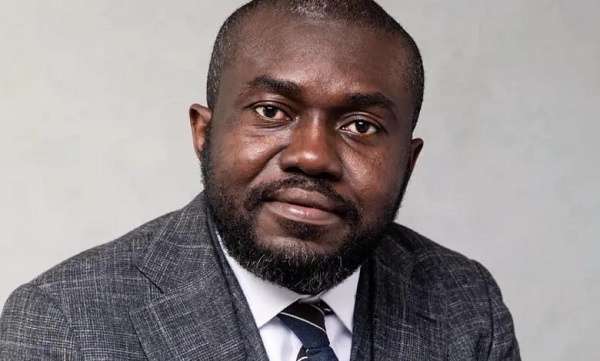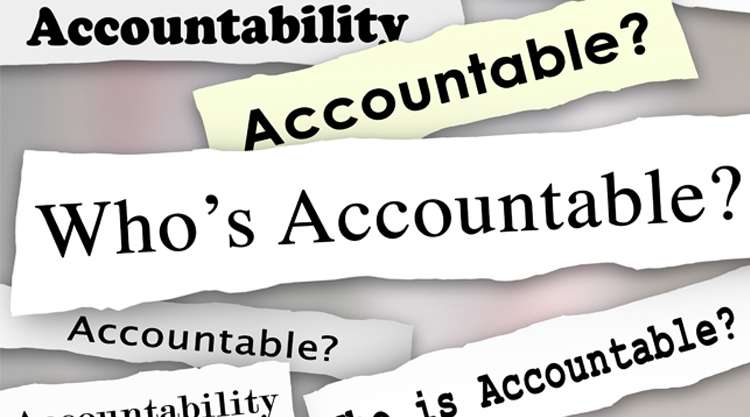Prominent lawyer and political activist Oliver Barker-Vormawor has criticized Parliament’s decision to allocate over GH₵96 million to its members, questioning the absence of safeguards against such self-serving financial allocations.
The funds include GH₵816,304.35 per MP from the District Assemblies Common Fund (DACF) as part of a GH₵225.3 million disbursement for project monitoring and evaluation.
Additionally, each MP is set to receive GH₵150,000 from GETFund to oversee education-related projects in their constituencies.
Barker-Vormawor did not mince words in his critique, arguing that even if one were to challenge such an allocation in the Supreme Court, the outcome would likely be unfavorable.
He suggested that the judiciary has, over the years, developed a pattern of shielding political elites from scrutiny through what he described as legally dubious rulings.
“Even if you go to the Supreme Court to challenge this, the court will turn around and give you some bogus reasoning that because the constitution allows MPs to be Ministers, it means we don’t care about the separation of powers.”
Oliver Barker-Vormawor
The activist’s frustration stems from a series of judicial rulings that he believes have undermined efforts to hold Ghana’s political class accountable.
Citing past cases, Barker-Vormawor argued that the courts have consistently found ways to excuse questionable governmental actions rather than serve as a check on power.
“From Ransford France, through their ‘advice is advice so it’s not binding’ cases, to birth certificate and the National Cathedral case, the message is simple: the Court will always duck or undercut efforts to hold the political class accountable.”
Oliver Barker-Vormawor

He further questioned whether Ghana’s constitution, in its current state, serves the public interest or merely reinforces elite privilege.
“So, what then is the Constitution’s purpose? To entrench elite capture and underhand self-dealings?” he asked rhetorically, pointing to what he perceives as systemic failures in ensuring transparency.
According to Barker-Vormawor, Ghana’s political and judicial structures seem designed to work against accountability rather than in its favor.
He described the governance situation as a frustrating cycle where minimal progress is undone by deeply ingrained elite interests. “Go two steps forward, and our judiciary will bring it a thousand steps back.”
His assertions tap into broader frustrations among Ghanaians who have long questioned the financial allocations made by Parliament, particularly at a time when economic hardship continues to grip the nation.
The activist maintained that such decisions should not be left unchecked, especially when they involve the direct use of public funds.
The Cost of Political Unaccountability
Beyond institutional critique, Barker-Vormawor emphasized the tangible impact of these governance failures on ordinary citizens.
He warned that while discussions on parliamentary allocations and judicial oversight may seem like abstract legal debates, they have real consequences for the country’s poor and vulnerable populations.

“For you, all of this might seem like abstract academic exercises. But trust me, poor people pay the price heavily for how much we allow accountability to be a zero-sum game.”
Oliver Barker-Vormawor
His comments reflect the growing sentiment that Ghana’s governance system favors the political class at the expense of the people it is meant to serve.
With increasing financial pressures on citizens and stalled developmental projects, many are questioning whether their leaders are prioritizing national interest over self-enrichment.
Barker-Vormawor’s remarks add to the mounting calls for significant reforms in Ghana’s governance structure.
Many analysts believe that without stricter checks and balances—especially from the judiciary—parliamentary allocations and government expenditures will continue to serve the interests of a few rather than the broader population.

As debates over this contentious allocation persist, a critical question looms: Will Ghana’s judiciary assert its authority to uphold true accountability, or will it continue to perpetuate a culture of political impunity?
Many, including outspoken critics like Barker-Vormawor, remain skeptical, arguing that past patterns suggest little hope for meaningful change.
For them, the judiciary’s response to this issue will serve as a litmus test for its commitment to justice and transparency in governance.





















